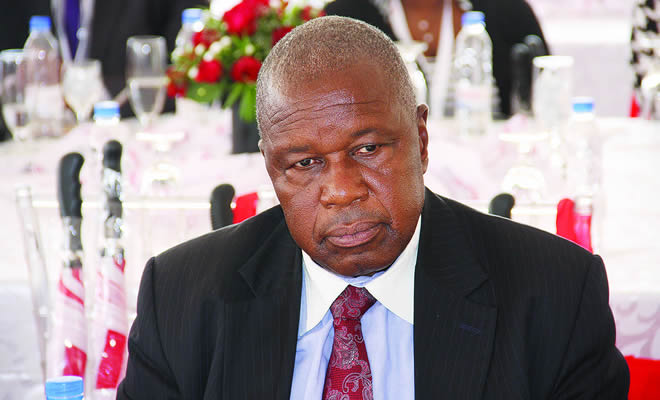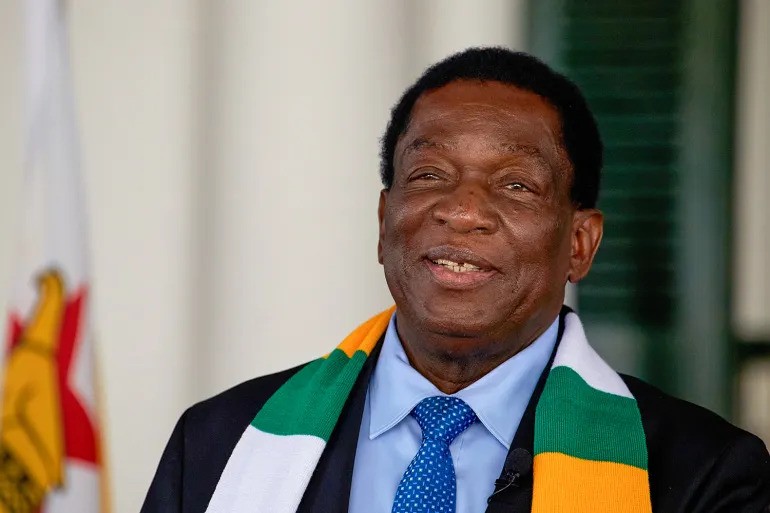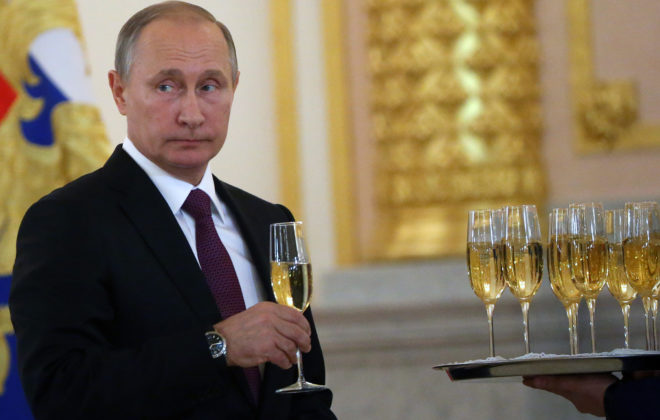By Cyril Zenda
The cash-strapped government is on the verge of paying gratuities to families of tens of thousands of people who died fighting in the war of liberation that ended nearly four decades ago in a development that is certain to put further strain on the fiscus.

War Veterans Minister, Christopher Mutsvangwa, told Parliament last week that his ministry was in the process of compiling a comprehensive database of all people who participated in the war of liberation with the view of paying gratuities and other benefits to the families of those who died during the war as well as those passed on before they could be handsomely rewarded in 1997.
“We would like them to be eligible for the benefits which are entitled to them under the Constitution,” Mutsvangwa told the House of Assembly on September 23, in response to a question from Movement for Democratic Change (MDC-T) legislator for Binga, Joel Gabbuza — a war veteran himself — on what the government was doing to address injustices inherent in the benefit scheme for former liberation war fighters.
“This is now much more an issue of resources and administration. I do not want to pre-empt my brief to Cabinet as well as to the other members of government, but what we are working on is a relationship even with the donor community which has now since decided to become very friendly to the war veterans.”
Added Mutsvangwa: “We are of the feeling that the definition by the Constitution of a war veteran is catering for even those who may not have survived during the war. The issue which then arises is to the modalities at which we can identify those who took part in the war, sacrificed heroically but did not make it home.”
Ballpark figures suggest that about 10 000 freedom fighters died on the battlefield, but the overall figure of those who perished during the liberation struggle is estimated at more than 50 000 as tens of thousands of Zimbabweans were killed in raids by Ian Smith’s Rhodesian Forces on camps like Chimoio, Nyadzonia, Tembwe in Mozambique as well as at Freedom Camp, Mkushi, Mulungushi, Kavalamanja and others in Zambia, while villagers who supported the war effort were also killed.
This is in addition to those that died in the bloody power struggles that took place within and between the armed liberation groups.
In 1997, government, under unrelenting pressure from marauding war veteran led by the late Chenjerai “Hitler” Hunzvi, was forced to award gratuities of Z$50 000 (then about US$4 000) to each of the surviving 50 000 war veterans as well as monthly pensions of Z$2 000 in addition to extending education and health benefits to them and their family members.
This windfall, however, did not cover those who had died either during the war or after the war but before the benefits were paid out.
The unbudgeted hefty payouts to the war veterans had grave consequences on the economy, with the country’s currency losing 72 percent of its value in a single day, on November 14, a day that is remembered in the country economic history as the Black Friday. The economy never recovered from this severe knock.
In 2013, the leaders of the war veterans insisted that their members were still owed US$18 000 each, arguing that the Z$50 000 they were paid was only a down payment of the Z$500 000 government had agreed to pay them.
Analysts this week pointed out that the proposed additional payments would further wreck the economy that is already tottering on the edge. Economic analyst, Chris Kasiyazi, said if it were indeed true that such plans were afoot, it would be regrettable.
“It’s incredible. We respect the role that the veterans of the liberation struggle played. Under normal circumstances, the money can be made available. Unfortunately, the economy is bleeding. The exercise is costly in terms of verification, not to mention the additional burden to the fiscus,” Kasiyazi said.
“We are currently burdened with the current bloated wage bill and when we think the government has learnt a few things, they come up with this weird idea. Are we genuine and sincere about rescuing our economy? What will the various multilateral institutions that are trying to help us through the Finance Ministry feel? The left hand does not seem to know what the right is doing. We don’t seem to learn. The wheels have fallen off.”
This week, the Financial Gazette spoke to ZANU-PF’s Munyaradzi Paul Mangwana, a former Cabinet minister and veteran lawyer who is providing legal guidance to war veterans on this issue and other matters to get an understanding of the rationale behind the move.
Mangwana was adamant that the move would address serious moral shortfalls arising from the crude manner in which the issue of the welfare war veterans and their dependants has been handled to date.
“We are saying those that survived the war and their dependents are benefiting. What about the dependants of those that — because of their heroic sacrifices — did not make it back home?” an agitated Mangwana asked.
“There is a very simple moral argument here. A person went to war leaving behind parents, a wife or children and other dependants and they were lucky to come back alive and their welfare is being taken care of by the State even when they can still run around to put things together.
Then in another case, a person went to war and made heroic acts that cost him his life and therefore could not return to provide for his family. Which one of these two deserves more the attention of the State? This is a gross injustice that has to be corrected and this is what we are doing now.”
Asked who could have committed this moral injustice by ignoring those that had died during the war, Mangwana blamed it on the fact that those who negotiated the first leg of the pay-outs did so in agitation, only to realise after they had sobered down that they had been selfish as to think of themselves alone.
On why it had to take this long for government to realise the oversight, Mangwana said it was a mistake on the part of those who have been handling issues to do with the welfare of war veterans and their families, but it was not too late to correct it.
Asked how a government that is struggling to deal with serious issues of ghost workers and ghost pensioners would be able to come up with a credible list of bona fide war veterans who died several decades ago, most of whom had no identity particulars and also used false names during the war, Mangwana was adamant that a way would be found.
“This is just an excuse. The records of those who participated in the war are there. Besides, there are more than 50 000 surviving war veterans who are ready to help with information on those that they either trained or fought with but died during the war. There will be a way and I am happy there is now a ministry responsible for that,” he said.
Mangwana reacted angrily to suggestions that the move was a thoughtless vote-catching ploy by ZANU–PF ahead of the 2018 general elections.
“Here we are talking of a country that was built on the blood of these people. If you are saying this would be costly (to the economy), you should ask yourself if these people ever thought giving up their lives for this same country was something that was too expensive for them to do.
“And the elections that you talk about only came about as a result of the heroic sacrifices made by the same people. It was because their sacrifices that you (the writer) went to school and today you are able to work as a journalist and ask about the economy. There is a cost to everything.
“If anyone thinks this is electioneering, they can go to hell! What we know is that we are doing something that is morally right,” said Mangwana, who sounded thoroughly irritated.
Economist and opposition politician, Tapiwa Mashakada, who was minister of economic planning and investment promotion during the 2009-13 inclusive government, said war veterans’ demands should be understood in the context that they take a cue from the lavish lifestyles enjoyed by their politician masters.
“War veterans are languishing (in poverty) while their political leadership are fat cats. Understandably they will demand benefits as well regardless of the state of the economy. This is what happens when the national cake is not fairly distributed.
“What happened to diamonds? Where is the ZINARA money going? These are legitimate questions war veterans are asking. We must bear with them. They have kids who go to school. They have medical bills and they are not getting pensions,” Mashakada said.
He, however, said the fact that the proposed pay-outs are coming several decades late showed that there were “not coming at the benevolence of the government, but psychological pressure.”
He added that the sudden act of benevolence on the ZANU-PF government should be understood in the context of future elections. Financial Gazette






